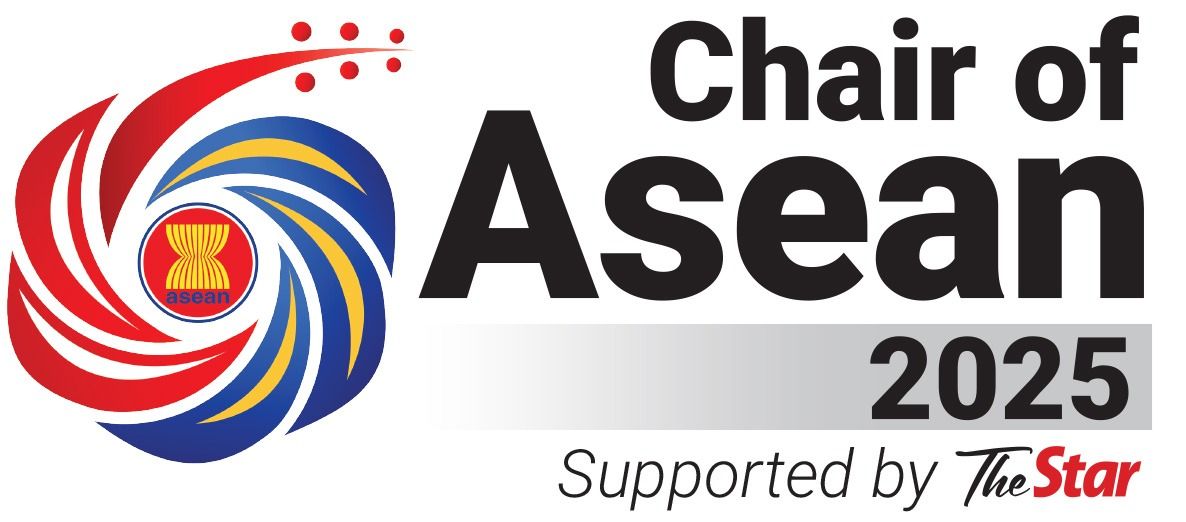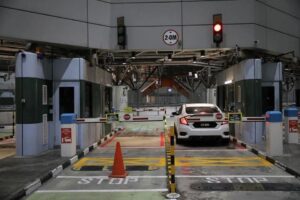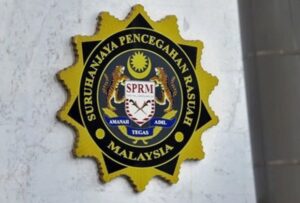MELAKA: Malaysia’s chairmanship of Asean under the theme of “Inclusivity and Sustainability” has marked important milestones this year, says Asean secretary-general Dr Kao Kim Hourn.
Speaking at the 19th Asean Ministerial Meeting on Transnational Crime (AMMTC) here on Tuesday (Sept 9), he said that the 46th Asean Summit in May, chaired by Prime Minister Datuk Seri Anwar Ibrahim, adopted Asean 2045 themed “Our Shared Future” had spelled out strategic plans.
Dr Kao said that the strategic plans are namely for the political security, economic and socio-cultural communities, as well as regional connectivity.
“With this, Asean has launched a new phase of community-building, guided by shared principles of peace, prosperity and resilience.
“It provides greater clarity of purpose, direction and ambition for our region,” he said.
Dr Kao highlighted that Asean leaders had also announced that Timor-Leste will become the bloc’s 11th member at the 47th Asean Summit next month.
He said this development reflects Asean’s commitment to inclusivity and regional integration.
Malaysia, he added, has shown strategic foresight in driving economic growth through the upgrade of the Asean Trade in Goods Agreement (Atiga).
“This strengthens intra-regional trade while advancing external economic partnerships, supporting the region’s broader goals of economic diversification and sustainable development.
“Our collective progress in economic integration and digital transformation has opened unprecedented opportunities for growth, innovation and connectivity,” he said.
However, he cautioned that these opportunities come with growing risks, as transnational crime evolves with globalisation and digitalisation.
Criminal networks, he said, exploit open economies, new technologies and porous borders to diversify their activities.
“From human trafficking and illicit drugs to cybercrime, money laundering and environmental crimes, these threats undermine economic stability, weaken institutions and erode public trust.
“Most worryingly, they target the most vulnerable in our societies, deepening inequality and insecurity,” he said.
Dr also welcomed the adoption of the Asean Plan of Action (POA) in Combating Transnational Crime 2026–2035, describing it as timely and forward-looking.
“The POA provides Asean law enforcement agencies with a long-term framework to set measurable targets, coordinate resources, and ensure comprehensive and inclusive responses,” he said.
He added that the declarations developed under the AMMTC this year further demonstrated the region’s determination to address both current and emerging threats.
Dr Kao said that transnational crime cannot be tackled by the security sector alone, and stronger engagement with other Asean sectoral bodies will be essential to dismantle criminal networks and address the root causes of crime.
He also pointed to forthcoming consultations with Asean’s Plus Three partners, namely China, Japan and South Korea, as a crucial move in strengthening law enforcement cooperation and aligning international approaches.
“Transnational crime respects no borders. Our responses must be equally borderless in their coordination and effectiveness,” he said.






